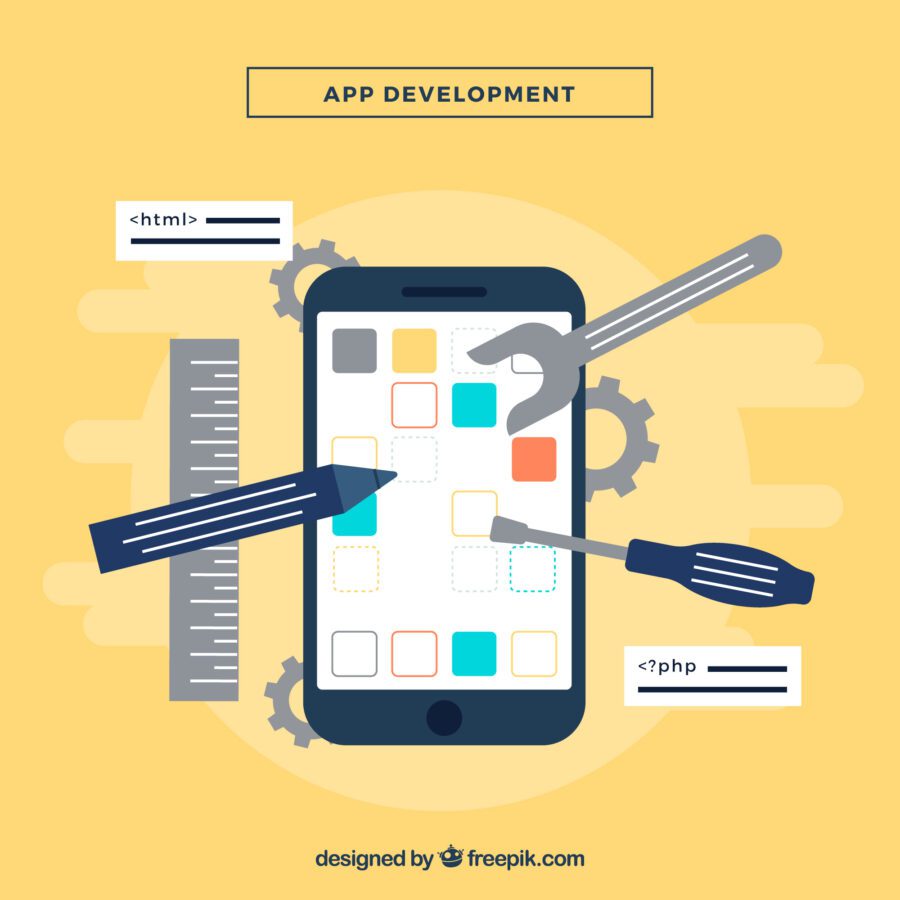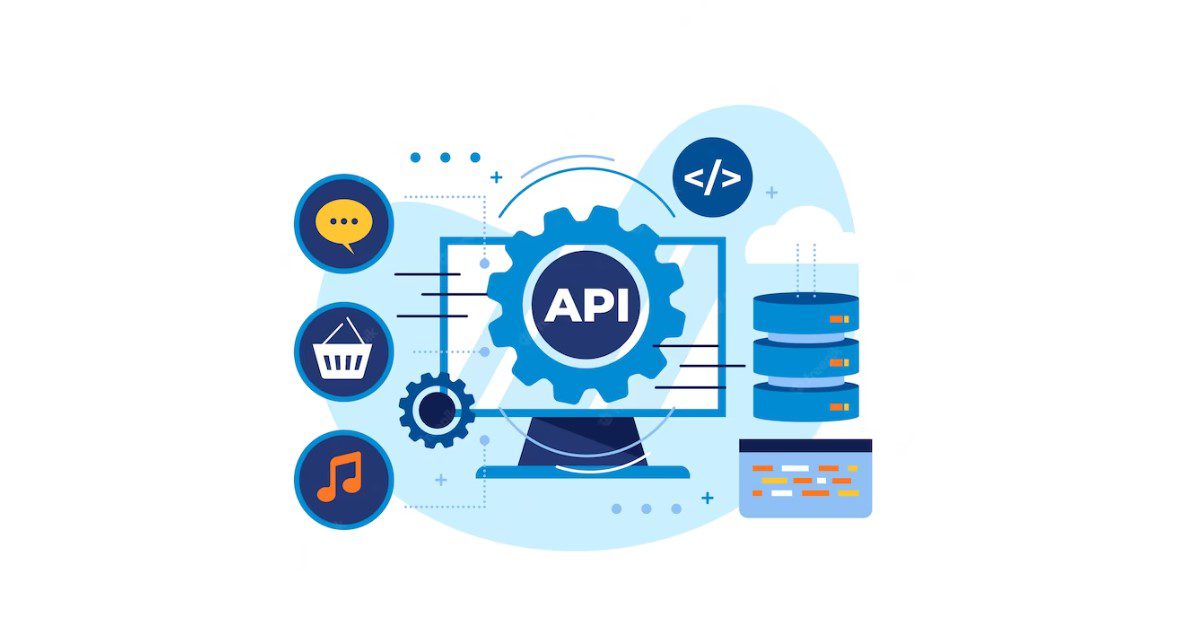In the realm of web development platforms, there are two powerful contenders that are way ahead of their competitors: WordPress and Framer. Both have their own sets of advantages, making them useful for particular scenarios. While WordPress powers 45.8% of all websites in 2023, Framer is gaining widespread adoption due to its ease of access and interactive & responsive design.
This article delves into the WordPress vs Framer debate, delineating the strengths and weaknesses of both website builders to help the readers make an informed decision.
At a Glance – WordPress vs Framer
WordPress is a renowned Content Management System (CMS) that offers unparalleled ease of use, expansive features, and SEO capabilities for blogs, making it an ideal choice for both beginners and advanced users. Whereas Framer excels in terms of interactive UI design, providing prototyping capabilities and animation needs.
What is WordPress?
A highly esteemed, open-source Content Management System (CMS), WordPress enables users to easily create and manage top-notch professional websites. While it began its journey as a blogging platform, WordPress has transformed into a fully-fledged CMS platform.
Thanks to its intuitive and user-friendly interface combined with its rich library of plugins and themes with different layouts, WordPress has become the go-to choice for individuals and organizations looking to boost their online presence via websites. The CMS offers easy publishing and editing features of content.
Pros
- Easy to use, even for beginners
- Creates SEO-optimized websites
- Supports vast plugins
- Budget-friendly for startups
Cons
- Setting up themes is time-consuming
- Hosting needs to be arranged separately
- Staying up-to-date with the latest features requires constant updates
- Some plugins can pose security risks
What is Framer?
Framer is a web development framework focused on interactive UI design and animations. It allows web designers to create responsive, dynamic page designs and shared component libraries for React-based projects.
This popular framework particularly emphasizes visual coding for animations and interactions to build engaging user experiences, making it an amiable choice for web developers.
Pros
- Supports responsive design features
- No prior coding knowledge required
- It has a strong community support
- Intuitive design and animation capabilities
Cons
- Steeper learning curve than basic HTML/CSS
- Requires knowledge of core React principles
- Complex advanced features
- Useful for creating basic e-commerce sites only
Feature-wise comparison of WordPress and Framer
If you are stuck between choosing WordPress or Framer for creating your next e-commerce site, you have come to the right place. Here, I have performed a comprehensive comparison of both web builder platforms to guide the readers:
| Feature | WordPress | Framer |
| Ease of Access | More beginner-friendly with its intuitive interface 🏆 | Requires some level of design expertise |
| Scalability | Offers more scalability through expansive plugins/themes 🏆 | Doesn’t offer the same level of scalability |
| User Interface | Provides simple interface 🏆 | Focuses more on visuals and design |
| Learning Curve | Has a gentle learning curve 🏆 | Steeper Learning curve for beginners |
| SEO-friendliness | Enables better SEO through dedicated tools and plugins 🏆 | Devoid of built-in SEO features |
| Coding Requirement | Balances no-code simplicity with customization 🏆 | Provides more coding control and customization |
| Mutual Collaboration | Built for team collaboration 🤝 | Can also provide support for teamwork 🤝 |
| Cost | Free-of-cost model available 🏆 | Uses paid subscription model |
| Third-party plugins | Massive WordPress plugin ecosystem 🏆 | Fewer supported integrations |
| Animations | Limited support for built-in animations | Specialized animation and interactive tools 🏆 |
1) Ease of Access:
WordPress, a well-established platform, offers exceptional ease of access. With a user-friendly dashboard and intuitive controls, it is the ideal choice for beginners.
Framer, on the other hand, is a design-focused platform requiring a certain level of design knowledge for optimal use. This makes WordPress generally more accessible to the average user.
2) Scalability:
In terms of scalability, WordPress takes the lead. With its extensive range of plugins and themes, WordPress can grow with your business. While Framer is excellent for prototyping and design, it might not offer the same level of scalability as WordPress.
3) User Interface:
While WordPress boasts a simple and intuitive interface, Framer focuses heavily on providing a visually appealing and highly customizable design interface. If design is a priority for you, Framer might be a better choice.

4) Learning Curve:
WordPress has a gentler learning curve, making it ideal for beginners. Framer, with its design-centric approach, may require a steeper learning curve, especially for those unfamiliar with design principles. Therefore, if you’re a beginner, WordPress is the go-to platform for you.
5) SEO-friendliness:
WordPress excels in developing high-ranking web pages as well. With SEO-friendly themes and plugins like Yoast SEO, achieving high search engine rankings is easier by leveraging the power of this platform.
On the other hand, Framer, though not inherently SEO-unfriendly, lacks the same level of dedicated SEO tools.
6) Coding Requirement:
WordPress offers a balance between no-code and customization. With the right plugins, you can create a stunning website without touching a line of code. Framer, however, leans more towards coding. It provides more room for customization but requires a basic understanding of coding.
7) Mutual Collaboration:
Framer is built for team collaboration, with features that allow designers to work together on projects. WordPress, while not specifically designed for this, can still support multiple users and roles.
8) Cost:
WordPress, being open-source, is free to use, though premium themes and plugins can add to the cost. Framer, on the other hand, follows a subscription model, which might be a consideration for those on a budget. Consequently, if you have a low budget for your project, sticking with WordPress is the better choice.
9) Third-Party Plugins:
WordPress has an extensive library of third-party plugins, extending its functionality significantly. On the contrary, Framer’s focus is more on design, and it doesn’t support as wide a range of third-party integrations.
10) Animations:
Framer shines in the area of animations. With its design-centric approach, it offers superior tools for creating rich, interactive, and animated designs. WordPress, while capable of supporting animations through plugins, doesn’t offer the same level of control. So, if you are dealing with a web page that requires an abundance of animations, Framer should be preferred.
Importance of choosing the right web development framework
Selecting the ideal web development framework is pivotal for building and managing websites efficiently. The framework provides the core architecture, tooling, conventions, and ecosystem for crafting web applications. In the worst-case scenario, choosing an outdated, complex, or sparsely supported framework can significantly impede project success and productivity versus utilizing a robust, modern option aligned to your needs.
While WordPress excels at rapid content-focused website creation leveraging themes and plugins, frameworks like React and Angular empower front-end JavaScript development. On the other hand, newer options like Framer cater to interactive UI design, enabling the inception of visually appealing sites.
While no framework addresses every need, selecting one aligned with your strengths and project goals minimizes rework and reduces the development time. In short, leveraging the right framework provides structure and momentum for delivering robust, functional websites.
When to choose WordPress?
WordPress is an excellent choice when you need a flexible and powerful web creation platform that’s easy to use, especially for beginners. It’s particularly suited for scenarios requiring frequent content updates or dynamic content needs, such as blog posts or events.
The platform’s SEO-friendly nature, along with its array of plugins and themes, makes WordPress ideal for those looking to rank high in search results. Furthermore, the open-source nature of WordPress allows full control and ownership of websites, making it a cost-effective choice for any project.
Moreover, in scenarios where you want to publish content quickly and neatly, such as with online publications, WordPress’s blogging features are unmatched. So, when considering factors like ease of use, content management, SEO, and cost-effectiveness, WordPress has a significant lead.
When to choose Framer?
Framer is the platform of choice when the focus is on detailed, interactive design elements and animations. It’s ideal for professional designers and design teams due to its range of interactive features that allow the creation of high-fidelity prototypes for realistic user experiences.
With Framer, you can add custom code to tap into the raw capabilities of the browser, offering greater flexibility for those skilled in coding. This web design tool also supports real-time collaboration, making it an excellent choice for team projects.
However, this platform has a steeper learning curve and may require more investment in learning than WordPress. But for those who value detailed design and interactivity and have the resources to navigate the learning curve, this premium tool can be an extremely powerful tool in their design toolkit.
The Verdict
WordPress and Framer are two of the most popular platforms in the universe of website development. WordPress offers unmatched ease of use, SEO capabilities, cost-effectiveness, and content management power. Framer excels where interactive UI design, customizability, animations, and collaboration are priorities. Both platforms have strengths, so as a developer, you should choose the one tailored to your website objectives and team structure for the optimal web development experience.
Why should you choose Ropstam Solutions for WordPress development?
At Ropstam Solutions, we have a dedicated team of expert WordPress developers. With more than a decade of experience in this field, we have delivered countless top-notch projects to our satisfied clients. If you are interested in availing of our services, contact us now.













